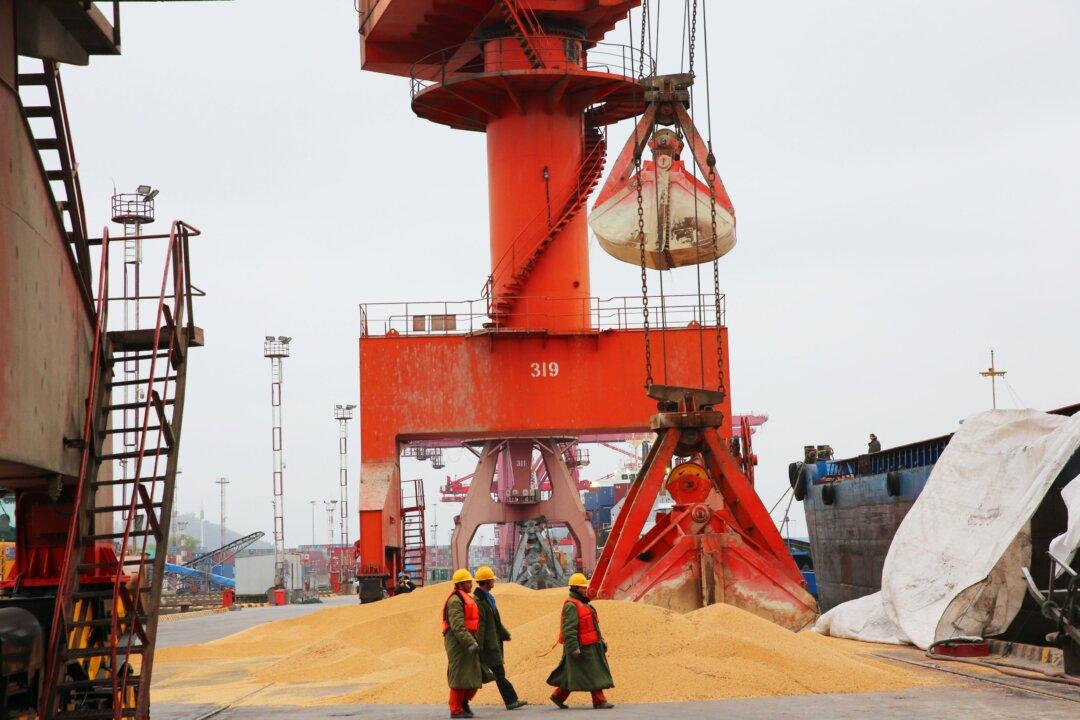With China seizing a third insolvent bank, risk aversion has spread to big lenders that are charging higher interest rates to small banks and non-banking financial institutions.
China’s Shanghai Interbank Offered Rate (SHIBOR)—that tracks the daily reference interest rates the nation’s banks charge other banks for unsecured overnight borrowing—jumped to 2.629 percent on Aug. 12, despite Japanese, European and American overnight borrowing rates moving lower over fears of deflation.





